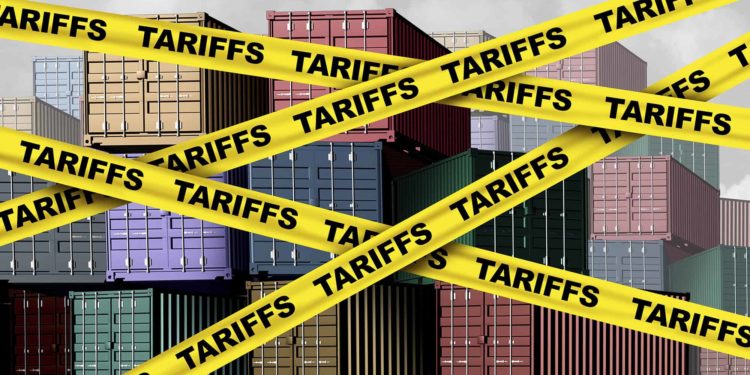Tariffs are taxes imposed by a government on goods and services that are imported into a country. They are used to control the flow of goods across borders, protect local industries, and generate revenue for the government. To understand how tariffs work, let’s break it down using Kenya as an example.
For Example, Kenya is a country that produces its own rice but also imports rice from other countries like Pakistan and Thailand. Let us say that the Kenyan government wants to ensure that local rice farmers can compete with imported rice, which might be cheaper due to lower production costs in other countries. To protect local farmers, the government imposes a tariff on imported rice. This means that for every bag of rice brought into Kenya from abroad, the importer must pay an extra fee to the government. This fee increases the overall cost of the imported rice, making it more expensive for consumers to buy compared to locally grown rice.
For instance, if a bag of rice from Pakistan costs KES 2,000, and the Kenyan government imposes a 20.0% tariff, the importer will have to pay an additional KES 400 per bag. This means the final price of the imported rice will be KES 2,400. If locally produced rice is sold at KES 2,200 per bag, consumers are more likely to buy the Kenyan rice because it is cheaper. This helps local farmers stay in business and supports the Kenyan economy.
Tariffs can also be used to generate revenue for the government. For example, Kenya imports a lot of vehicles from countries like Japan. If the government imposes a 25.0% tariff on imported cars, it earns money from every car brought into the country. This revenue can then be used to fund public services like roads, schools, and hospitals.
However, tariffs can sometimes lead to higher prices for consumers. If Kenya imposes high tariffs on imported electronics, such as smartphones, the cost of these devices may increase significantly. This could make it harder for ordinary Kenyans to afford them.
In summary, tariffs are a tool used by governments to protect local industries, generate revenue, and control trade. While they can benefit local producers, they may also lead to higher prices for consumers. Kenya, like many countries should use tariffs strategically to balance these competing interests and support its economy.


















